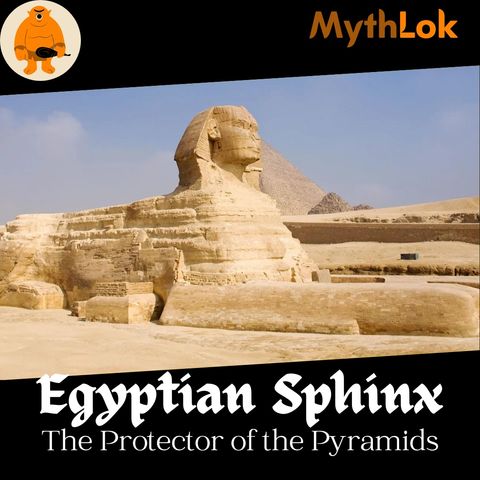Sphinx : The Guardian of the Pyramids

Download and listen anywhere
Download your favorite episodes and enjoy them, wherever you are! Sign up or log in now to access offline listening.
Description
The first sphinxes were made by the Egyptians and were usually equipped with a nemes, which is a head-dress. Some examples of these are sphinxes that have human faces but...
show moreIn the Eighteenth Dynasty, during a hunting expedition, the Egyptian pharaoh Thutmose IV fell asleep in the shadow of the great Sphinx. He woke up and declared that the statue had spoken to him and that he was going to become the king if he could clear the sand around its feet. During the reign of Chephren, the number of sphinxes became more widespread. They were usually placed near a tomb, a mortuary temple, or a funerary monument.
In Egyptian mythology, the sphinx can sometimes be depicted with a woman's face. One of the most famous examples of this is the statue of Queen Hetepheres II of Egypt, which dates back to around 2700 to 2,500 BC. The sphinx was also adorned with a royal headdress, which was worn by the pharaohs.
The sphinx is different from other Egyptian deities in that it has both a human head and an animal body, which is unusual since most of the other major deities have animal heads and human bodies. One possible explanation is that it's the statue's depiction of Leo, which is the constellation of the lion. Many pharaohs had their heads carved atop the guardian statues for their tombs to show their close relationship with the powerful solar deity Sekhmet, a lioness.
Information
| Author | NITTEN NAIR |
| Organization | NITTEN NAIR |
| Website | - |
| Tags |
Copyright 2024 - Spreaker Inc. an iHeartMedia Company

Comments